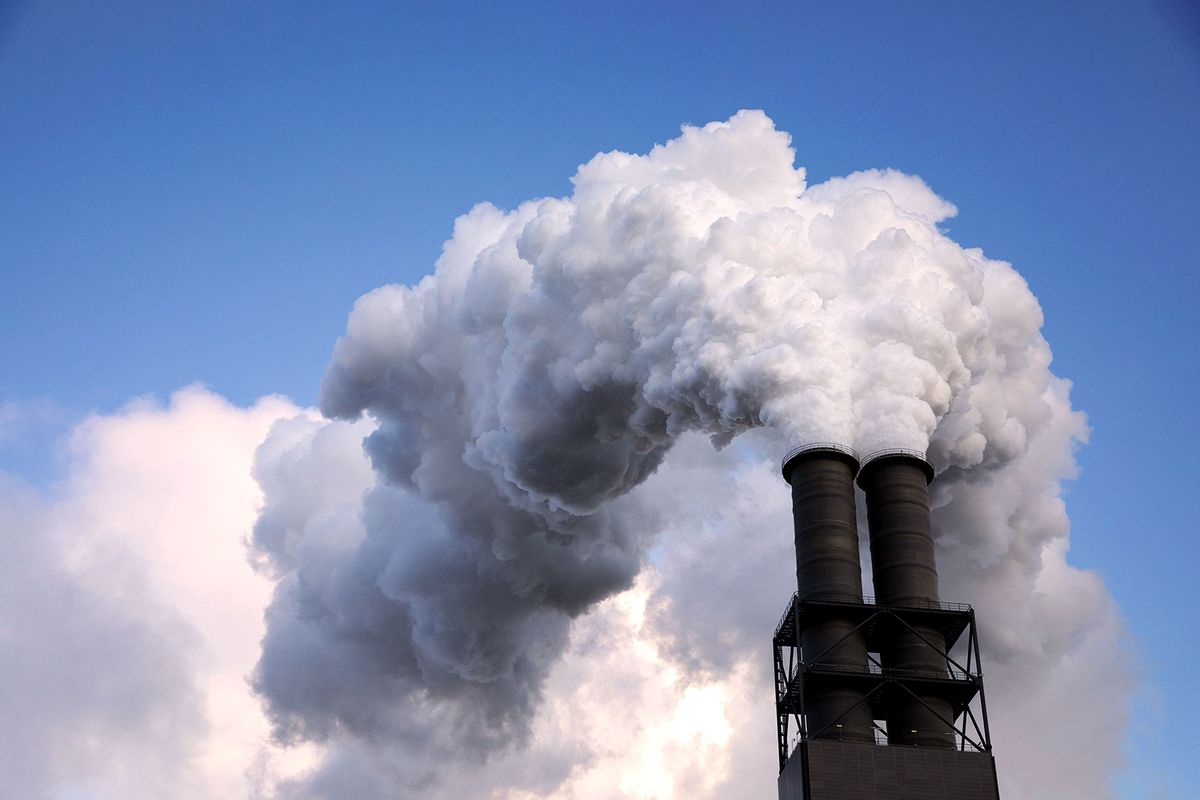Electric and gas utilities have used money collected from customers to lobby lawmakers, butter up regulators, and slow the shift to clean energy. Beyond being occasionally illegal, the practice has stuck consumers with higher bills and led to higher carbon dioxide emissions, industry watchdogs say.
In one particularly egregious example, the FBI arrested Larry Householder, who was the Republican leader of the Ohio House of Representatives in 2020 at the time of his arrest. It alleged that the Ohio utility FirstEnergy had given the lawmaker $60 million in exchange for passing legislation bailing out its coal and nuclear power plants. His corruption trial began this week in Cincinnati.
It's one of a handful of utility scandals over the last decade that advocates for reform say have resulted in higher energy bills and more carbon emissions. But there are simple steps lawmakers could take to avoid these problems, according to a report the nonprofit utility watchdog Energy and Policy Institute published Thursday.
The analysis, aimed at Congress, state legislators, and federal and state regulatory agencies, suggests passing tighter, clearer rules barring utilities from using ratepayer money for political activities. Policymakers also could require regular, mandatory disclosures of utilities' political spending. To ensure compliance, utilities could face hefty fees for breaking the rules.
Technically, federal and state regulations prohibit utilities from passing lobbying costs along to customers. But these laws are often vague, outdated, and "riddled with loopholes," according to David Pomerantz, executive director of the Energy and Policy Institute and the report's author. Much of utilities' political spending moves through the shadowy world of trade associations, activity that isn't strictly "lobbying" under the IRS definition of the practice.
Working with trade groups like the Edison Electric Institute and the American Gas Association, utilities have blocked policies that would promote rooftop solar and electrify buildings. At the same time, they've kept the country hooked on fossil fuels by, for example, paying Instagram influencers to defend gas stoves. Nearly half of the 25 largest investor-owned electric utilities in the United States are working to delay climate action, a report from the think tank InfluenceMap found last year.
While all kinds of companies engage in politics, the Energy and Policy Institute argues that utilities present a unique situation. For one, they have monopolies — people are generally forced to accept whatever company supplies their area. By raising rates, utilities can essentially compel customers to fund their political activity, "effectively turning them into a conscripted army of millions of small-dollar donors," the report says. Utilities are almost always among the top three political spenders in the states where they're based, Pomerantz said.
Brian Reil, a spokesperson for the Edison Electric Institute, said that it "reports all lobbying as required and in those reports utilizes the broadest definition of lobbying that exists in federal law." Reil said the new report was a "disingenuous attempt by the Energy and Policy Institute to negate the clean energy progress" that electric utilities have made, pointing to the institute's support for the Inflation Reduction Act that President Biden signed last year. The American Gas Association did not respond to Grist's requests for comment in time for publication.
Some states have enacted stricter laws to protect consumers from rate hikes to fund political spending. In 2021, New York passed a law prohibiting utilities from charging ratepayers for the membership costs associated with trade groups that engage in lobbying, for example. Minnesota bars utilities from charging customers for advertising designed to influence public opinion or improve a utility's image.
Even for utilities that have begun to shift to wind and solar power generation, stricter rules are needed to prevent more scandals and guard people's pocketbooks, the report says. "If utilities are going to be at the center of our transition from fossil fuels to clean electricity," the report states, "customers need to be able to trust that they are not corrupt."


Shares